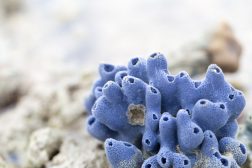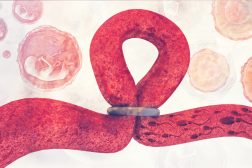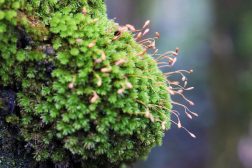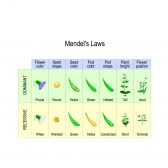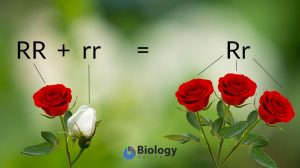Definition
noun
(botany) Self-fertilization; a mode of fertilization where fertilization takes place on the flower itself, i.e. the ovum of the flower is pollinated by its own pollen (as opposed to allogamy)
(biology) Automixis
Supplement
In botany, autogamy is when fertilization occurs on a flower by pollinating the ovum with its own pollen (self-pollination). It is opposed to allogamy, which refers to the cross-pollination in plants. In autogamy, fertilization takes place automatically within an individual flower if it is not disturbed resulting in offspring that are the progeny from a single individual. Through autogamy, the individual flowers are left to engage in self-fertilization. Autogamy in plants is a regular means of reproduction in many flowering species.
In other organisms apart from plants, self-fertilization may also occur. It is observed in certain protests and fungi species. Their gametes are produced from meiosis, making them haploid. Diploidy is restored by the fusion of the two haploid gametic nuclei (synkaryon) within the cell. As a result, the offspring would be half clone of the mother. This form of asexual reproduction is also referred to as autogamy (or autogamic parthenogenesis). It occurs when the environment becomes stressful to these organisms.
Compare:
- allogamy (botany)
See also:
Related form(s):
- autogamous (adjective, of, relating to, or characterized by, autogamy)


